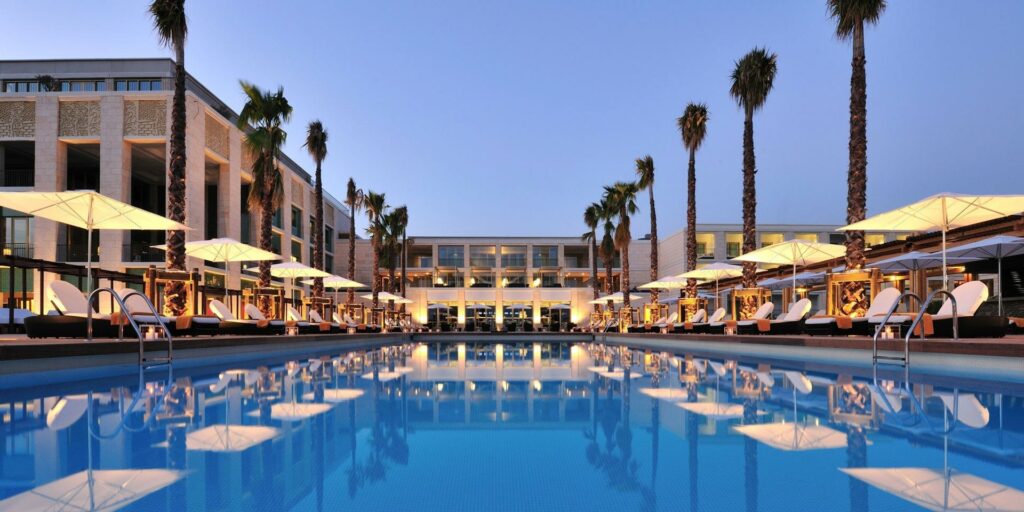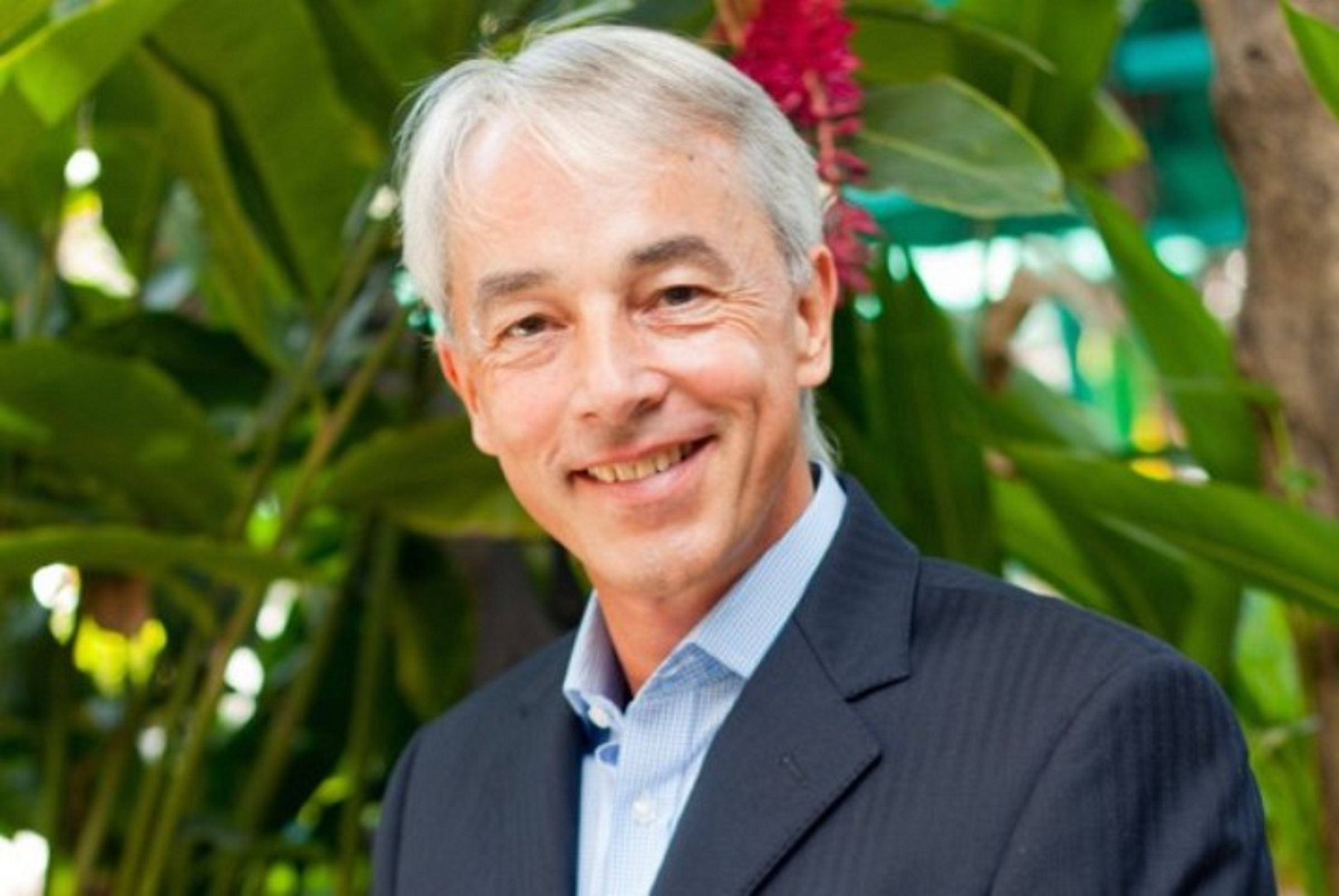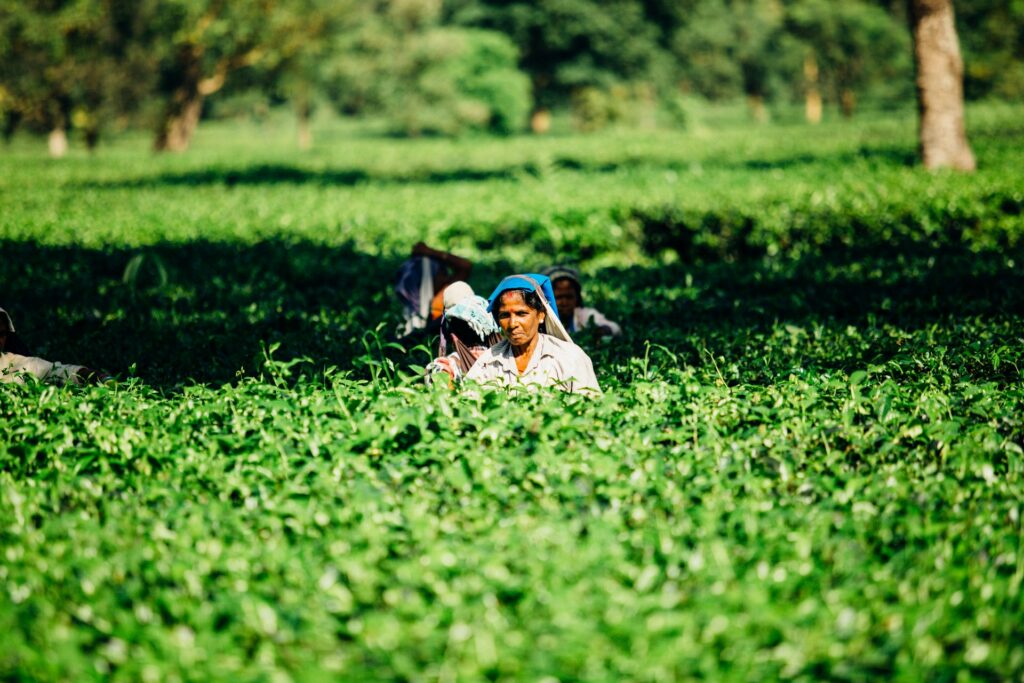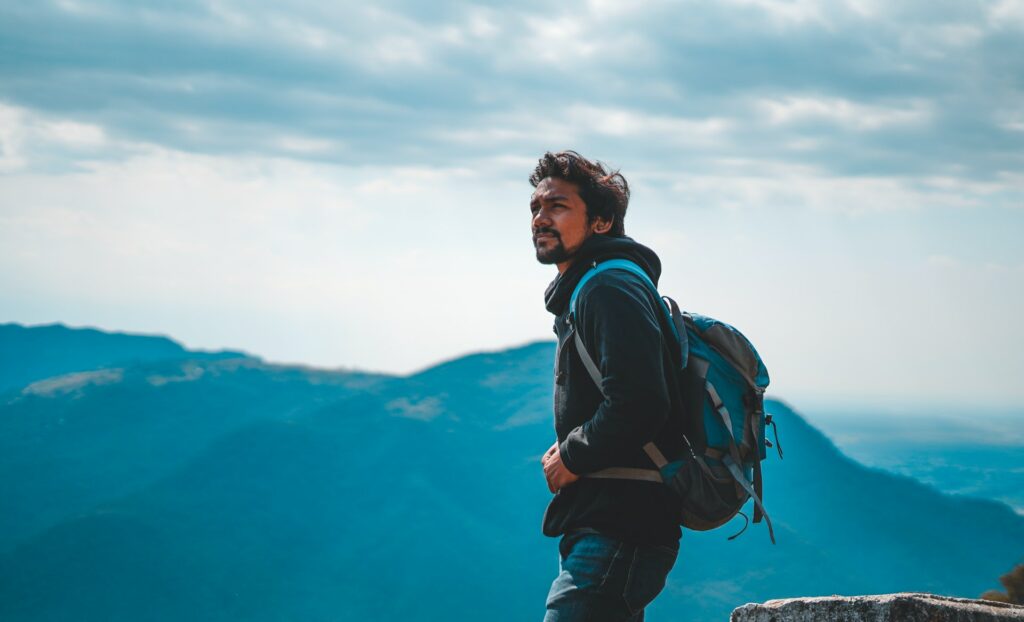Leading a Hotel in 2021

By ITB Community and Michael Marshall, CCO at Minor Hotels
It cannot be denied that leading any part of a hotel business in 2021 is going to be very different than ever before. The impact of COVID-19 has required all hotels to reassess their processes, innovate and adapt to a new world order.
As we look to the year ahead, ITB Community had a conversation with Michael Marshall, CCO at Minor Hotels, to explore how he and his team will run the Minor Hotels’ business differently and what they expect from the year ahead. Together we also talk about MICE and some of the developments that are happening in the travel industry domestically and regionally.
How important is domestic and regional travel right now?
Domestic travel is vitally important now. When the crisis started we had to close most of our hotels. We’ve since reopened, but the only markets at the beginning were domestic so we had to focus on those customers. In many markets, we previously had 10 percent domestic business and 90 percent international, so we had to pivot and we had to change our focus. We had to look at different kinds of offers and really adapt ourselves to the local domestic market.
This has been the case in Thailand, in Vietnam, in China. It’s all domestic focus in those markets and also in the Middle East where we’ve had a lot of success. So what’s particularly important is that you are really focusing on your markets, because the domestic markets are changing very quickly with the different COVID restrictions that are being put in place, so it’s vitally important to be nimble and to be able to adjust to any conditions.

Are we seeing any positive developments in the international travel market?
On the international side, it’s interesting that we have a few bright spots which are coming through, including the Maldives. In the fourth quarter the Maldives was running at over 70 percent. They were quick to adapt, with rapid testing when you arrive, which means there is no quarantine. And as we all know, quarantine restrictions and border controls have been one of the big things that have prevented business over the past six months.
What can hotels do to bounce back more effectively after COVID?
The biggest challenge is anticipating the demand that we’re going to get. As soon as we started to reopen, we had to make sure we had the right size in terms of hotel management so that we could still operate much lower occupancies than we used to have. For example, the demand has been very strong at the weekends and less strong during the week, so we needed to adapt to that.
And then, we’ve had some ongoing changes. For example, when regional travel started in Dubai and demand went up, we needed to make sure that we adapted to that. It’s fast changing all the time.
Another part is making sure that you’re really keeping pace with innovation, such as introducing seamless check-ins with apps where people can check in without having to make contact. From the MICE point of view, it’s really important to start investing in technology that can facilitate the hybrid model of meetings and events that people are really looking for right now.
What are you doing to maximise flexibility for guests and partners?
Another part is building trust. One of the things that I think we’ve been doing well is making sure that our contracts are much more flexible, particularly for meetings, but that’s also for individual travellers where people can book with confidence because they know that if they can’t travel or the event can’t happen, then you can move your booking to a later time or potentially get a refund.
Flexible rates are vitally important and they need to constantly adapt to what’s changing in the market.
I think the ability to really move quickly in all areas is something that we’ve really had to learn over the last six months.
How can we build trust among travellers as markets begin to recover?
This is really important, that people have confidence and feel comfortable and safe to travel. So one of the first things we did, and we were one of the first movers in this area, was to really look at our health and safety. We launched health and safety initiatives, which have really helped us gain the confidence of guests and also attendees at meetings.
One of the key parts of this is to make sure that staff are fully trained and their standards are maintained 100 percent. In addition to that, we’ve really started to look at the technology we can introduce to help improve our health and safety. For example, in guest rooms, we’re using UV lamps to help sterilise the rooms before guests arrive.
We’re also introducing new technologies to make the guest journey contactless wherever we can. At meetings, people can register via QR code, or online or by using an app before they arrive.
Have you seen any other notable changes in traveller behaviour since the start of the pandemic?
One thing we’re really noticing is the demand for timely and accurate information about international travel. We initially noticed this with people looking for information about travel restrictions and quarantine and visa requirements before travelling to Thailand. Now we’re seeing it with other destinations, such as the Maldives and Sri Lanka, that are reopening to international travel. People want to travel, but they also want to know about the restrictions or limitations they might face regarding visas, COVID tests, documentation and so on. Going forward, we see providing travellers with accurate and timely travel information as a key part of our service.
What trends are emerging in the MICE sector?
One of the trends we’ve seen in some markets when we came out of lockdown was that small meetings started to happen,. Larger meetings, conference and events, unfortunately, were often canceled or postponed but what we’ve seen now is the move towards hybrid events, with some people attending on-site and other people attending virtually. I think this style of event is a very big opportunity going forward.
What safety measures can MICE organisers take to help restore confidence?
The key is having a very safe guest journey, so you need to be sure that your venue or hotel has everything in place to make people feel comfortable and confident that the guest journey and all the hygiene and safety procedures are in place and working 100 percent.
Another key part is digitalisation and taking advantage of some of these new innovative products. So having seamless check-in, using QR codes and limiting guest contact as much as possible is key. Also, investing in technology now to be able to deliver hybrid events in the future will give you a competitive edge.
It’s also important to continue to promote yourself, even though at the moment the levels of meetings or business may still be low. People may not be able to come and see your venues or may not want to because of the COVID situation right now, but we can use technologies like virtual tours or live streaming… to get people involved as much as possible.
What can we change today to make the most positive impact on the hospitality industry?
The first thing I would change would be to reduce or remove quarantine. We see in Thailand that having a mandatory 14-day hotel quarantine is really limiting any kind of business or leisure travel. We see this in other countries across Asia as well. If we can reduce quarantine as quickly as possible it will definitely help bring back business travel… Also, not many people have time to quarantine for 14 days before they have their holiday so it would also help leisure travel a lot.
The second area I’d like to mention is that we can learn a lot from the Maldives. They’ve implemented a no-quarantine process where you have a pre-flight COVID test and when you arrive you have another rapid test and then you can enjoy your two- or three-week stay in the Maldives. We’ve been running at 70% occupancy when we reopened there in October so I think if we could implement that rapid testing in more countries then we would definitely see business coming back.






Responses